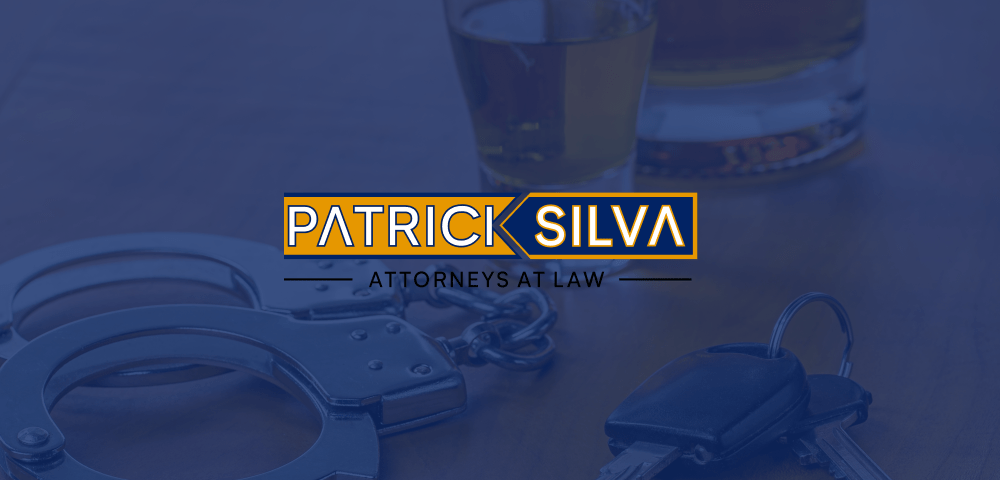What Is Dash Cam Evidence and Can It Help?
If you have been charged with a DUI, it’s important to understand your options for defense. It may seem like you don’t have a lot of options if you’ve failed a chemical test, such as if your blood alcohol level was above the legal limit. However, that’s not the case. Whether you are dealing with a first-offense DUI charge, a marijuana DUI allegation, or another type of DUI arrest, video evidence is just one thing that might be helpful to your defense strategy.
Where Does Dash Cam Evidence Come From?
Dash cam evidence and other footage from an event leading up to and including a DUI arrest can come from a variety of sources. Law enforcement agencies throughout the state have invested in technology like dash and body cams because it enhances the ability of these agencies to oversee officers and reduce liability. In fact, in one jurisdiction, millions of dollars have been spent on systems such as wireless in-car camera systems for these purposes.
However, video evidence might also come from your own dash cam, traffic cameras or the smartphone cameras of witnesses at the scene. An attorney can help you understand what video footage might be helpful to review when planning for a DUI defense.
Analyzing Dash Cam Evidence to Support Your DUI Defense
Your DUI defense attorney can also review and analyze any available video evidence to determine if it will help or hurt your defense. Some types of information that might help your DUI defense can include:
- Video footage that appears to contradict the reports of law enforcement regarding the scene, particularly if police officers claimed that you were acting in a way that made them believe you were intoxicated
- Video that indicates that you were not, in fact, operating a motor vehicle at the time of the arrest even if you were intoxicated
- Video that shows some type of process error in how law enforcement officers handled a field sobriety test or arrest
If this type of information is present on dash cam footage or other video taken at the scene, it may be helpful to have it admitted as evidence and use it to support a narrative about your innocence.
Potential Limitations and Challenges of Dash Cam Evidence
Of course, footage captured at the scene of your arrest might not all be helpful for your defense. That’s true even if your own camera is the one that recorded the footage. It may be tempting to try to delete a video that could implicate you in a DUI, but destroying evidence is typically not a good idea. If you believe you have footage that may be harmful to your case, discuss the matter with your attorney.
If there is potentially damaging evidence recorded by other cameras, such as a police officer’s dash cam, your attorney can help you you understand if there are options for mitigating its impact. For example, these videos don’t always have super clear audio and video outputs, so there may be an option for creating doubt about what is seen and heard. Of course, this is a limitation that also applies in reverse—if the video is not clear, the prosecution can cast aspersions on what you claim the video shows.
Video footage also can’t typically replace testimony. It can be used to support or counteract what a police officer or anyone else claims took place at the scene. But if your case goes to court, typically those witnesses do get to make statements that can potentially sway the outcome of the case.
The Role of Your DUI Attorney in Obtaining and Using Dash Cam Footage
To use video content as part of your defense strategy, your attorney will need access to the content. How he or she goes about obtaining a copy of the video footage depends on who took and owns the video. Your attorney can request copies of law enforcement body cam and dash cam video footage relevant to your case during pre-trial discovery processes, for example. You can provide video footage from your own devices, and if a friend was on the scene and took the footage, they might give it to your attorney when you ask. In other cases, your attorney may have to subpoena footage, which involves asking the court to order someone to turn it over.
Dash cam and other video footage is only one type of evidence that might be relevant to a DUI case. Instead of getting hung up on what these videos might show and how you can get the footage and use it for your defense, consider allowing your attorney to attend to such details. An experienced DUI attorney can help you make a big-picture plan of action. They then expend resources on the areas most likely to produce a positive outcome, and that may or may not have anything to do with video footage.
If you have been charged with any type of DUI, consider reaching out to an experienced DUI attorney early on in the process. Call Patrick Silva, Attorneys at Law, at 909-500-4819 to find out how we can help with your defense, including gathering necessary evidence and analyzing it for opportunities to make a case on your behalf.



